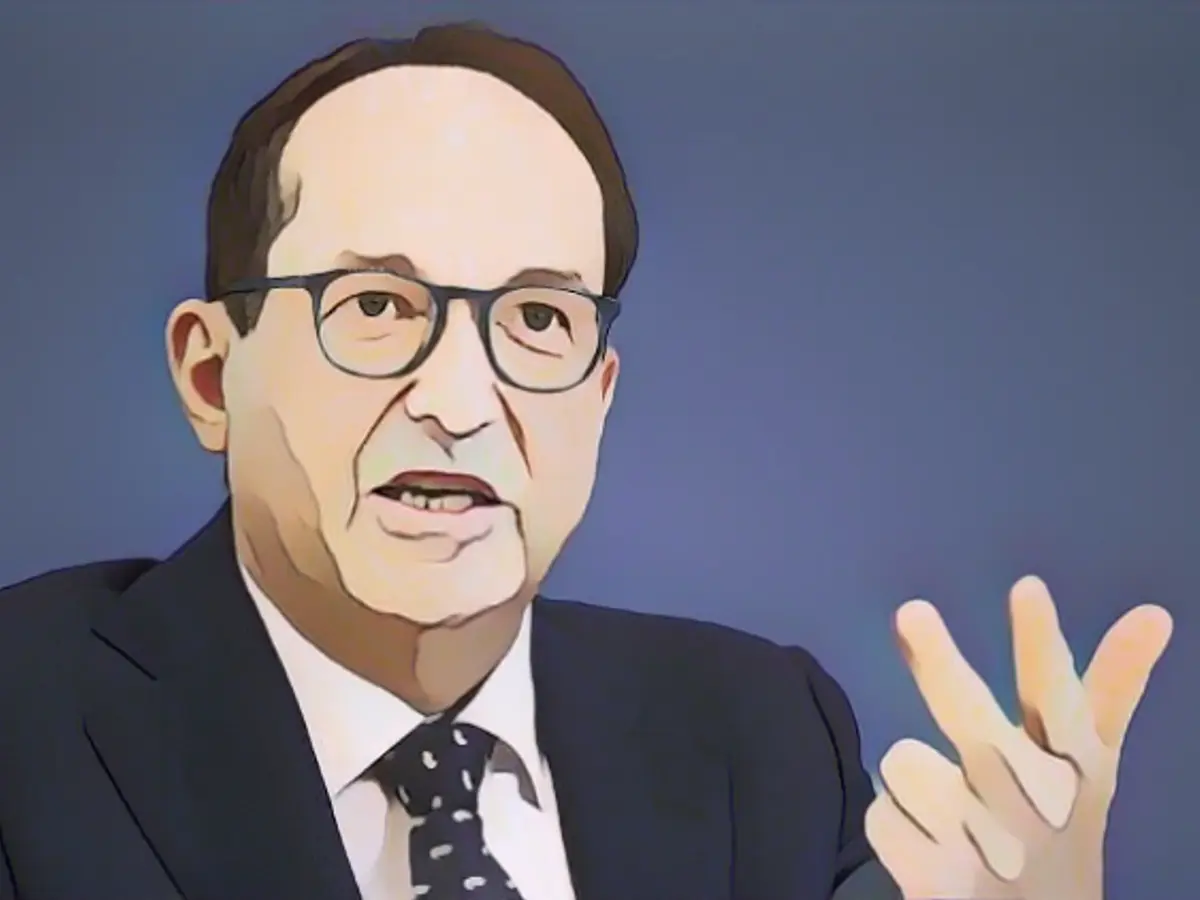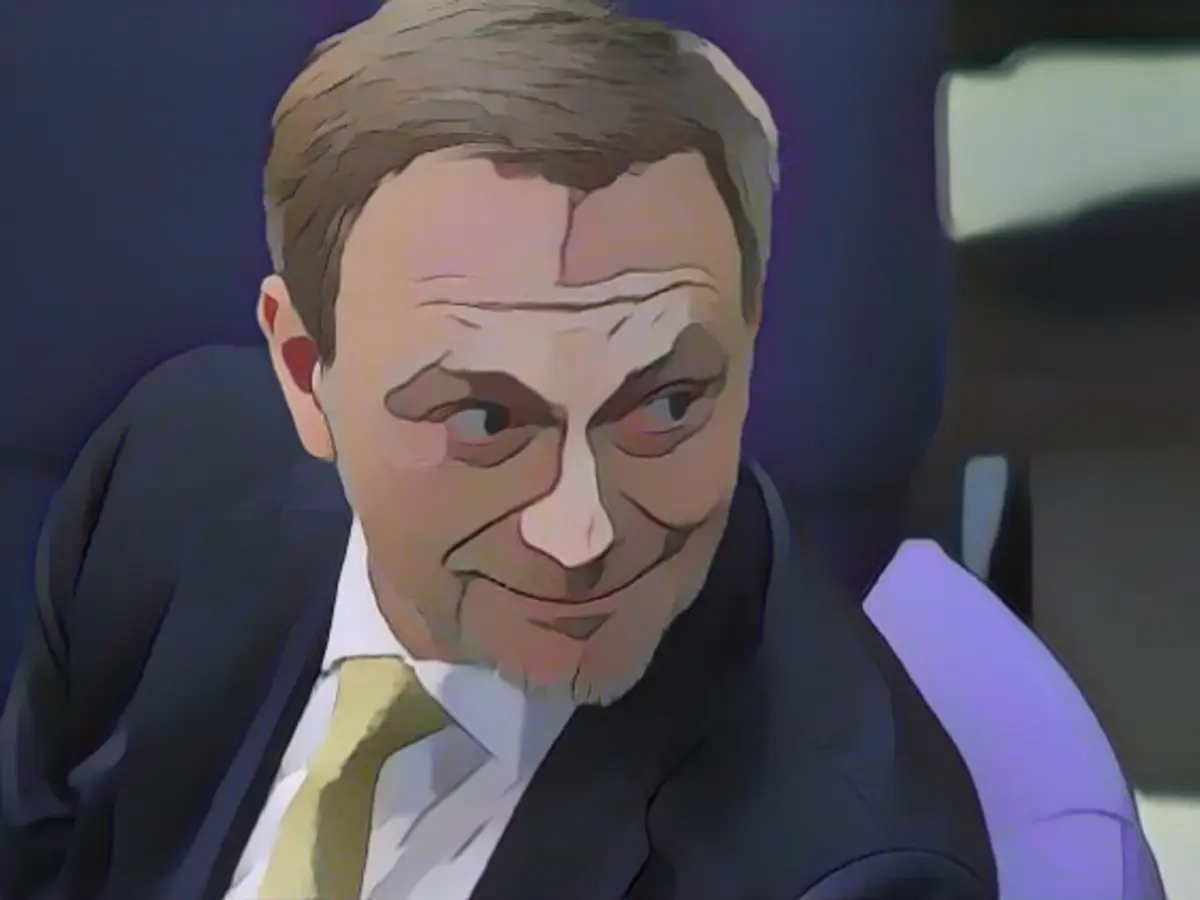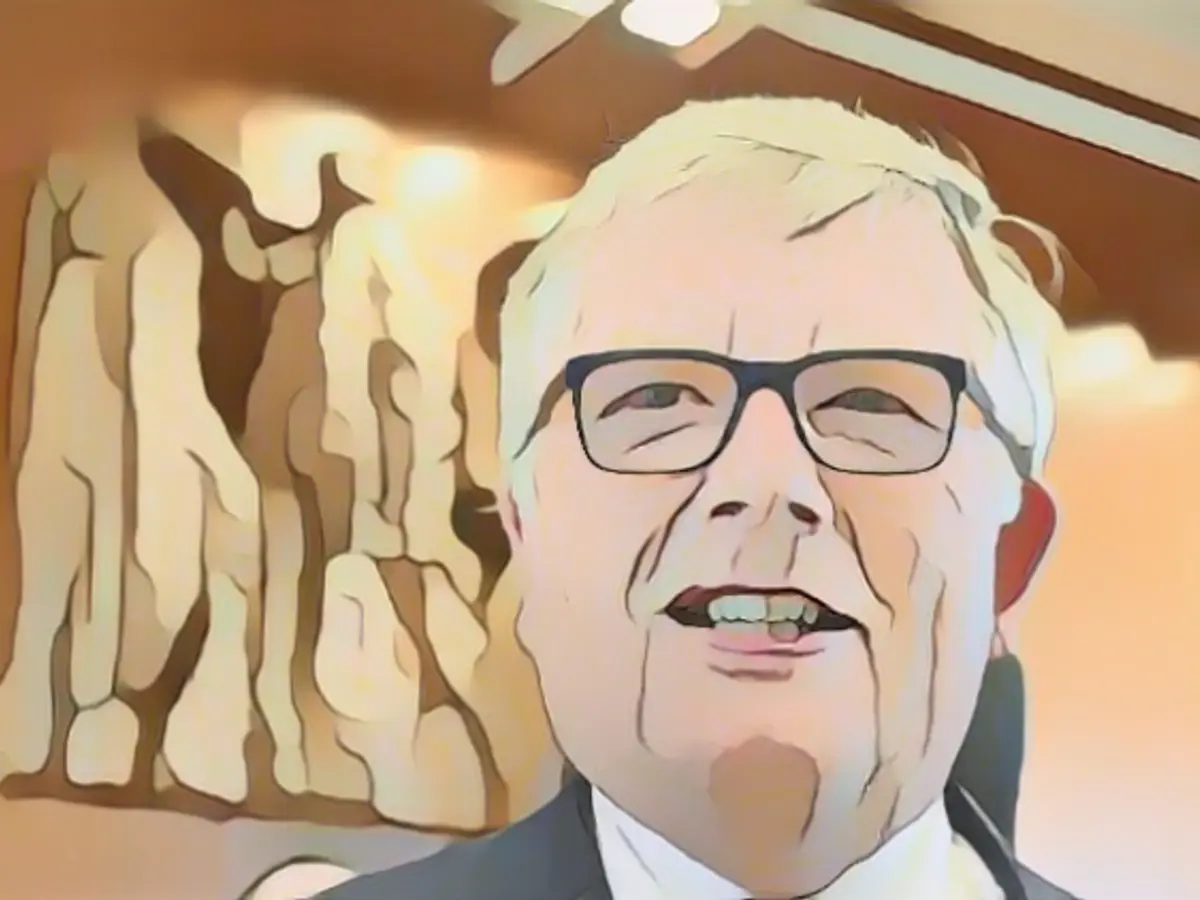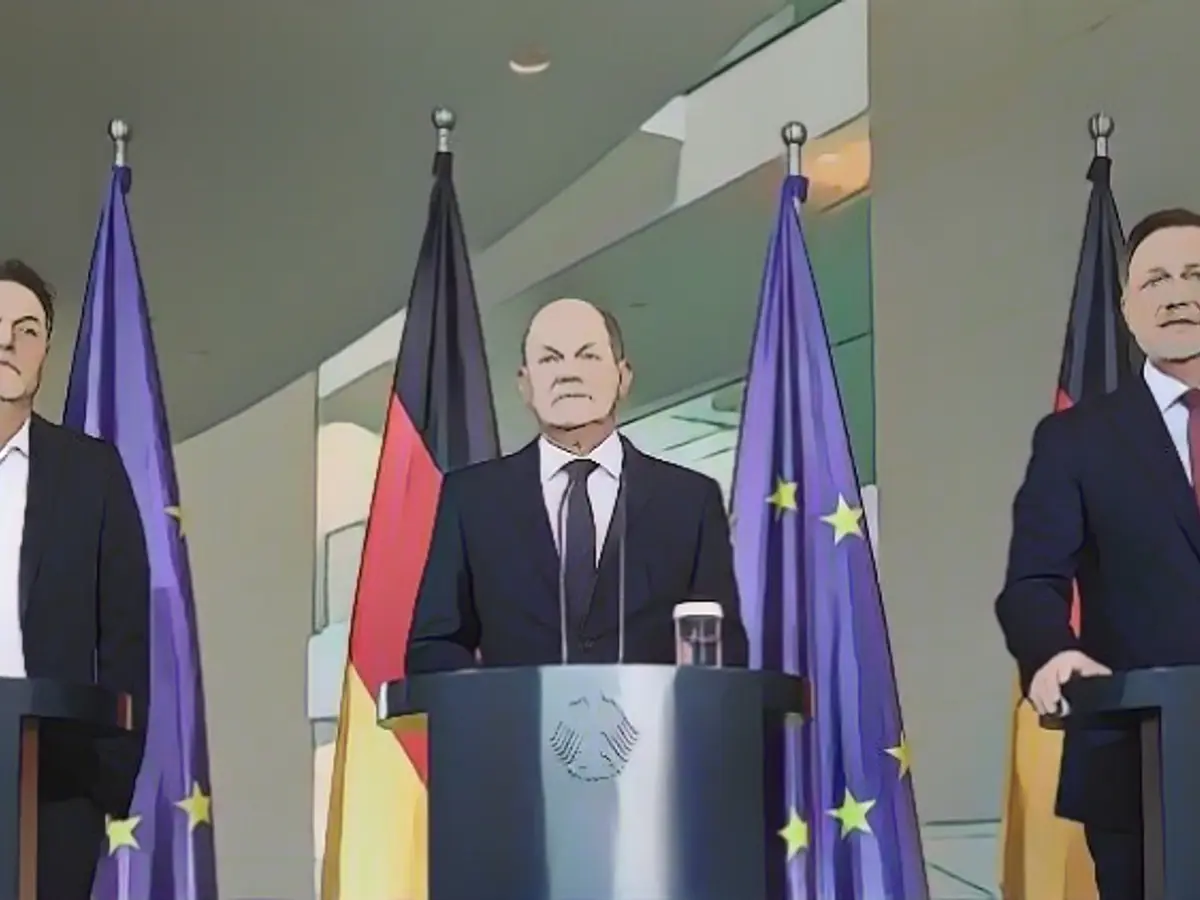Title: Navigating the German Budget Crisis: Solutions and Implications
The Federal Constitutional Court's ruling has plunged the German government into a budget crisis, necessitating a supplementary budget presentation by Finance Minister Lindner on Wednesday. With the ZDF talk show "Maybrit Illner" delving into potential solutions, we explore potential resolutions, enriching the discussion with pertinent insights.
The Upcoming Budget Supplement
Christian Lindner, the Finance Minister, needs to address a sacred cow in the drafting of the supplementary budget for 2023. The question at hand: Should the debt brake be suspended once again? The Finance Minister and FDP leader had previously ruled this out, but circumstances may compel them to reconsider.
Parliamentary Group Leader Christian Dürr from the FDP finds a silver lining in the ruling's key features: Credits that have not been spent in the past should not be rolled over, and there must be a direct factual connection. This decision will curtail additional debt incurred in the supplementary budget.
Shortfall: Impact and Prospects
Monika Schnitzer, Chair of the German Council of Economic Experts, offers a somber outlook. The ruling has resulted in a shortfall of 220 billion euros from the budget, with 60 billion coming from the Climate and Transformation Fund (KTF) and 160 billion from the Economic Stabilization Fund (WSF). This leaves us with half a federal budget, a palpable concern for the country's financial stability.
Schnitzer warns that the ruling's uncertainty is exacerbating economic slowdown and negatively impacting consumer sentiment, investment propensity, and even the propensity to invest.
Potential Solutions and Impacts
Debt Brake Reform
Friedrich Merz, CDU leader, hints at reforms to the debt brake. This may enable greater fiscal flexibility, tackling the budget crisis more effectively. Additional options include tax increases, wealth-related taxes on real estate or inheritance, making these reforms less controversial within the coalition.
Private Investment in Energy Conversions
The European Investment Bank (EIB) Group has already invested €9.6 billion in Germany, supporting projects ranging from renewable energy growth to energy efficiency. By leveraging this, Germany can bolster the renewable energy sector and decrease energy costs for households and businesses.
Fiscal Consolidation
Government revenue growth might be another avenue for tackling the budget crisis, through measures like addressing "tax bracket creep," boosting child allowances, or stimulating the real estate market. However, these initiatives could have short-term negative effects on government revenue.
Political Stability
New taxes or fiscal consolidation measures could face opposition from the coalition partners, risking political instability. Finding a consensus within the coalition will be pivotal in navigating this crisis. Ultimately, Germany's ability to respond to the budget crisis effectively will depend on a careful balance between fiscal reforms, new taxes, and continued investments in sustainable energy transitions.








